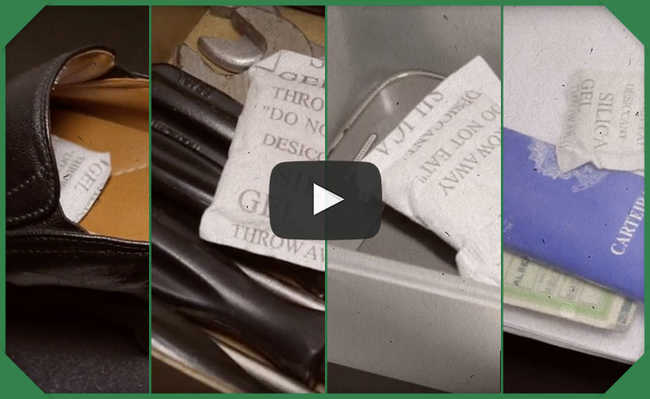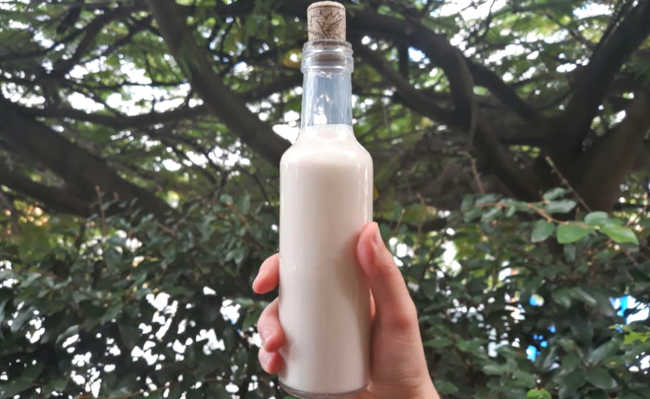Is steel can recyclable?
Yes, they are recyclable! But the responsibility is shared between companies, governments and consumers

Edited and resized image by Katrin Hauf is available on Unsplash
Can of sardines, ink, tomato sauce, peas, corn. What do they have in common? All are made of steel.
- Is there ink recycling?
Steel is the metal alloy most used by mankind, formed essentially by iron and carbon. Other chemical elements are added to steel to improve its strength, ductility, hardness, etc. characteristics. By adding chromium and nickel in the right proportions, for example, steel becomes resistant to oxidation.
And this type of packaging, according to the Brazilian Association of Steel Packaging (Abeaço), brings several benefits to the content. Among them: great mechanical strength, versatility, better conservation of the nutritional properties of food, it can also serve as a gift to the user and is fully recyclable.
But to better understand these properties, let's take a look at the material's production.
Production
Steel production begins with iron mining. This process is simple and can be done outdoors. At this stage, the material goes through crushers to then be classified according to size; then it is washed with water jets so that its impurities, such as clay and earth, are removed. Then there is the reduction, which consists of removing oxygen from the ore, reducing it to iron, which will later react with the carbon in the coke, forming CO2. To carry out this process, large amounts of thermal energy are needed, provided by the burning of carbon that is harmful to the environment.
The next step is refining, in which pig iron is transformed into steel by reducing the content of carbon and other minerals and the controlled introduction of oxygen. Further on, the iron alloy occurs: carbon receives the addition of several elements that confer desired characteristics to the metal. This makes there are many different types of steel.
- Book reports impact of mining companies in Pará
The recycling
Steel is 100% recyclable and its composition does not change in the recycling process. To save raw material, steel industries often add steel scrap to produce more new steel. This means that every steel foundry industry is also a recycling plant.
- Recycling: what is it and why is it important
As steel is a magnetic metal, an electromagnet can be used to separate it from other metals mixed with it. Even with the possibility of separating steel from other metals or impurities, it is recommended, however, that steel cans are clean when sent for recycling so that organic waste and earth do not hinder the process.
On average, an ordinary steel can can be completely decomposed in between three and ten years. About 47% of all steel cans are recycled in Brazil, but this number is still far below other countries. Belgium, for example, annually recycles around 96% steel cans.
Steel cans are totally recyclable, that is, when you dispose of them in selective collection, they can return to your house infinite times, in the form of scissors, doorknobs, wire, automobile, refrigerator or even a new can. There are only a few types of items such as solvents, paints and other contents that contain harmful chemicals and must be returned to manufacturers so they can clean up the waste before sending it for reuse.
- What is selective collection?
environmental damage
Steel itself does not cause much environmental damage, since it returns to the environment as iron oxide, which does not represent any risk of environmental contamination, according to studies carried out by the Packaging Research and Development Center (Cetea).
The problem concerns iron mining (steel component) and, consequently, deforestation. This is because large volumes of land are removed for ore processing. Carajás, a city located in Pará, for example, produces 100 million tons per year. Which means, approximately, 123.5 km² of deforested area for this purpose. And these numbers tend to grow in proportion to the demand in Brazil and in the world.
In other words, there is no reason for you not to recycle your steel cans With the extensive recycling of steel, there is a significant reduction in the production of new steel. As a result, the extraction of iron ore and coal is greatly reduced. In addition, greenhouse gas emissions and water consumption decrease. But remember, always opt for conscientious disposal, respecting the environment for a light footprint!










